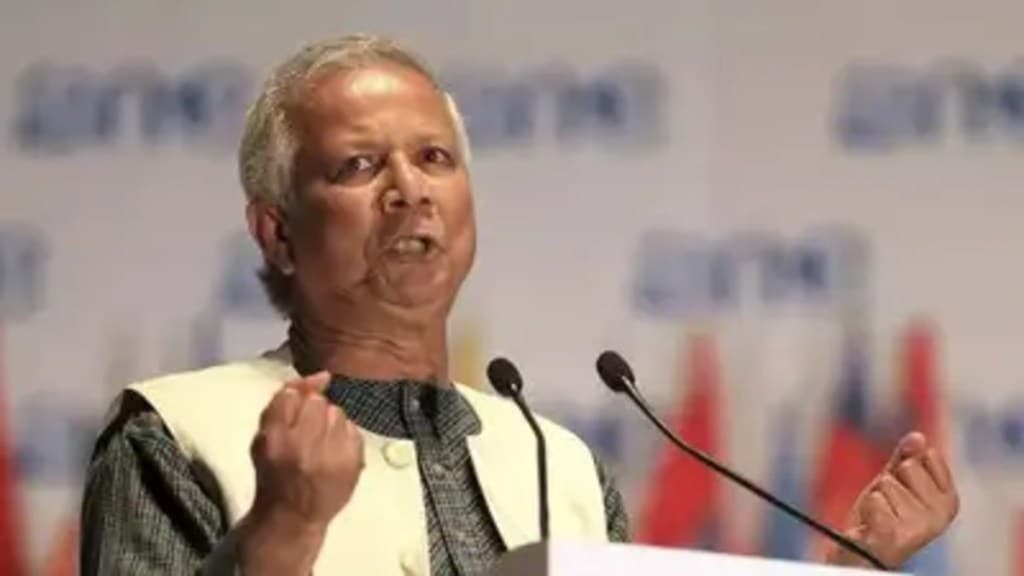Bangladesh political crisis: Nobel laureate Muhammad Yunus will remain at the helm of Bangladesh’s interim government, quelling recent speculation about his potential resignation amid rising political tensions and internal pressures. His decision to stay was confirmed by Planning Adviser Wahiduddin Mahmud following an emergency meeting of the advisory council on Saturday.
What Yunus said on resignation?
“He didn’t say he will leave,” Mahmud clarified. “He acknowledged the challenges but affirmed that we are overcoming them. He is definitely staying.” Mahmud further emphasised the collective responsibility of the cabinet, stating that none of the advisers were stepping down given the significance of their roles during this transitional period.
Yunus’s reaffirmation of leadership comes two days after he reportedly expressed frustration to student-led National Citizen Party (NCP) leaders, stating that the prevailing political gridlock was making his job “unworkable.” Similar sentiments were allegedly echoed during a cabinet meeting on Thursday, where colleagues persuaded him against quitting.
Bangladesh political realignments
The advisory council meeting, convened following a scheduled ECNEC session in Dhaka’s Sher-e-Bangla Nagar, was attended by 19 cabinet advisers. The discussions revolved around Yunus’s political reform agenda, upcoming elections, and the significance of the July Proclamation—a manifesto that grew out of last year’s student-led uprising that ousted former Prime Minister Sheikh Hasina’s Awami League government.
Syeda Rizwana Hasan, a key adviser, stressed that the interim administration was not limited to holding elections, but was also mandated to push forward structural reforms and ensure justice. The Proclamation is seen as a guiding document for this transitional phase.
Yunus to engage with BNP and Jamaat
Later in the evening, Yunus is expected to meet leaders from the Bangladesh Nationalist Party (BNP) and Jamaat-e-Islami. The meetings are significant given BNP’s growing political influence post-Hasina’s ouster and its call for early elections. BNP leaders have expressed hope that Yunus will oversee a swift and dignified transition through elections rather than leave abruptly.
Jamaat leader Syed Abdullah M Taher called for a clear roadmap outlining not just election timelines but also broader governance reforms. “Public trust must be restored,” he said.
Tensions with the military
Yunus’s resignation scare also coincided with rising tensions between the military and the interim government. Military chiefs, led by General Waker-Uz-Zaman, recently pressed Yunus to hold elections by December and expressed concerns over a proposed humanitarian aid corridor to Myanmar’s Rakhine state. The military, which has taken a more assertive stance in law enforcement recently, is reportedly unhappy about being left out of key strategic decisions.
Analysts viewed this week’s developments as critical, with the military consolidating its influence through increased street patrols and strategic positioning. Its role in backing Yunus’s appointment, particularly after last year’s protests, adds a complex layer to the evolving political narrative.
The Bangladesh interim government now faces pressure from multiple fronts—to maintain stability, push reforms, and announce a definitive election timeline. As student groups demand removal of remaining student advisers and the NCP retaliates by calling out alleged BNP loyalists in government, Yunus’s balancing act continues.


